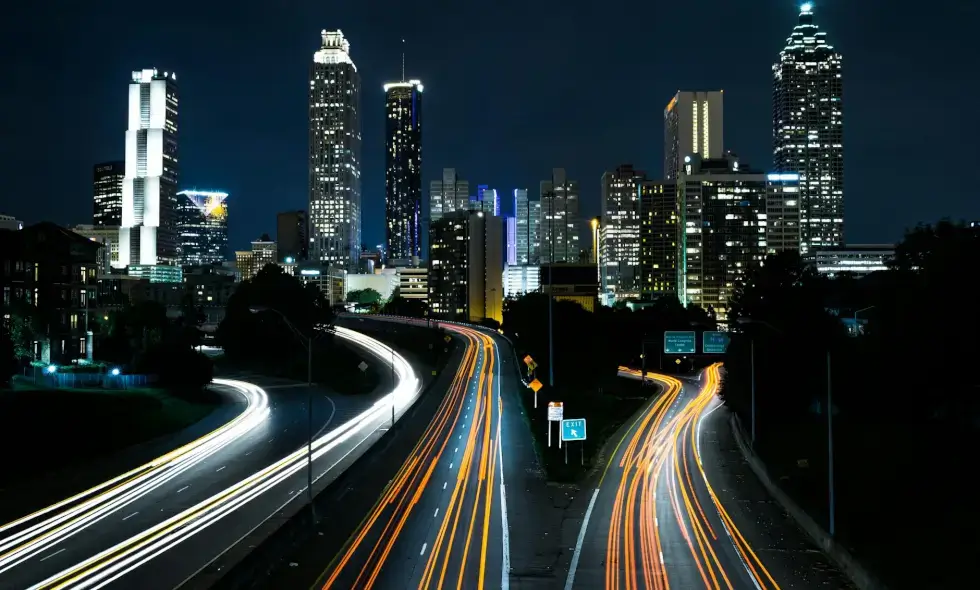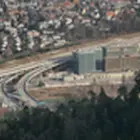On Wednesday, Hungary is preparing for a significant event in the development of its road infrastructure. The event focuses on the M9 expressway. According to the notification from the Ministry of Construction and Transport (ÉKM), the contract for the design of the next section of the M9 expressway will be signed in the early afternoon of June 5. This concerns the section between main roads 51 and 53, over a distance of 57 kilometers between Dusnok and Tompa.
The design work will be contracted in a ceremonial setting. The signing will be attended by József Pántya, Secretary of State for Road Construction at ÉKM; Gábor Bányai, Government Commissioner Responsible for the Complex Development of the Southern Great Plain Economic Development Zone and a Member of Parliament for Bács-Kiskun County; and Róbert Zsigó, Parliamentary Secretary of State at the Ministry of Culture and Innovation. These officials will present the details. According to ÉKM's previous information, the public procurement was announced last October. Beyond the 57-kilometer section, additional elements include the design of the Jánoshalma engineering site and the bicycle path between Jánoshalma and Kiskunhalas, modification and acquisition of environmental permits, and preparation of construction permits. The M9 will be Hungary's longest highway. In March, Világgazdaság reported on developments related to the M9 highway. They reported that, commissioned by ÉKM, Roden Kft. and Főmterv Zrt. could design the approximately 7-kilometer long, two-lane expressway from Tompa to the national border, along with a new freight border crossing point. The plan to build the M9 highway has been known since 2001.
If fully completed, it would be about 300 kilometers long, thus becoming Hungary's longest transit route. Its aim is to connect the existing radial expressway network. The final route for the construction of the M9 expressway is still under negotiation. It is also known as the "countryside ring road," which, running from west to east, would traverse the country and connect several major cities. The cities include Debrecen, Békéscsaba, Szeged, Pécs, Kaposvár, Nagykanizsa, Zalaegerszeg, Körmend, Szombathely, and Kőszeg. The completion date of the construction is currently indeterminable, as so far only 20 kilometers have been completed, and that is merely on a single lane in each direction.









